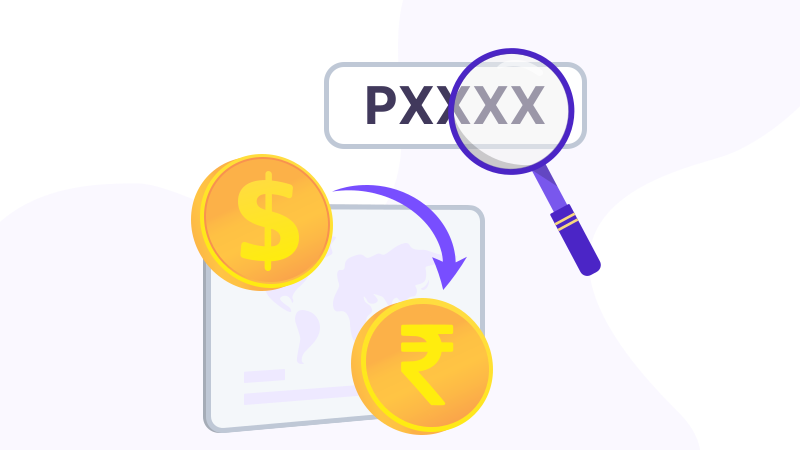Zero-Proof Bookkeeping vs DIY Software: Which Is Right for You

Introduction
In the dynamic landscape of bookkeeping, two compelling methodologies stand out—DIY Bookkeeping and Zero-Proof Bookkeeping. Both concepts play pivotal roles in finance, addressing the diverse needs of individuals and businesses.
DIY Bookkeeping gives users a strong sense of control, a thorough grasp of their financial details, and the adaptability to customize procedures to meet their needs.
On the other hand, Zero-Proof Bookkeeping brings in a new era of efficiency by automating real-time insights and lowering the possibility of human error.
Understanding the intricacies of these concepts is essential for manoeuvring the financial landscape of bookkeeping effectively. They impact not only the availability and precision of financial data but also the strategic choices made based on that data.
This article elucidates the distinctions between DIY and Zero-Proof bookkeeping, aiding in selecting the optimal approach.
Read on to explore the answers to these critical questions.
Understanding DIY Bookkeeping
As the name suggests, DIY bookkeeping entails the internal management of financial records, transactions, and reporting without external intervention. Particularly appealing to small businesses, this approach offers potential cost savings by maintaining bookkeeping services in-house, thereby mitigating expenses associated with external professional engagements.
In addition to providing direct control over financial data and records, do-it-yourself bookkeeping can save costs. Owners of businesses can view and control their financial data at any time, which helps make decisions and monitor the state of their company's finances.
DIY bookkeeping offers flexibility, control, and cost-effectiveness for individuals and small enterprises for individuals and small enterprises. It facilitates in-depth financial awareness, allows users to handle their financial records, and gives them individualised, hands-on control over bookkeeping procedures.
Furthermore, DIY bookkeeping software frequently has easy-to-use interfaces and can be helpful for people with basic financial needs.
What is Zero-Proof Bookkeeping
Zero-proof bookkeeping is a modern trend in finance gaining increased prominence.
It transitions to monitoring financial data without needing a paper record. This method, recognised for its efficiency, also aligns with eco-sustainable practices by eliminating the necessity for paper-based records.
"Zero-proof bookkeeping" entails verifying transactions and ensuring that credits and debits balance out to a net total of zero. The procedure helps to track mistakes or inconsistencies and guarantees the correctness of financial information.
This approach is similar to maintaining a balance sheet. Integrating zero-proof bookkeeping with a double-entry accounting system allows for the concurrent tracking of credits (liabilities) and debits (assets).
Zero-proof bookkeeping can be used when the transactions are manageable, and discrepancies may be reconciled using this technique. Bank tellers frequently utilise zero-proof bookkeeping to settle discrepancies at the end of the day.
However, zero-proof bookkeeping is not feasible when a high volume of transactions and rounded values are the norm. For this reason, smaller companies or individuals employ this technique the most.
Zero-Proof Bookkeeping vs. DIY Bookkeeping
While both methodologies aim to streamline financial management, their differences lie in the degree of automation, control, and personalisation they offer.
Knowing these distinctions is crucial in selecting the approach that best aligns with specific needs and preferences.
Future of Bookkeeping
The future of bookkeeping is poised for further digitization and automation.
- Development in technology, particularly artificial intelligence and machine learning, will play a pivotal role in streamlining bookkeeping processes.
- Cloud-based solutions will continue to gain prominence, offering real-time accessibility and collaboration.
- As the industry embraces automation tools, bookkeepers will likely transition towards automated software such as Zero-proof bookkeeping, focusing on analysis and decision support.
- Enhanced security measures and adherence to evolving regulatory standards will also be critical aspects shaping the future landscape of bookkeeping.
Final Thoughts
In the ever-changing world of small business management, choosing between do-it-yourself and professional bookkeeping services is a big decision. Each option has different benefits and drawbacks. Therefore, it's critical to match the decision to your company's circumstances.
Have you found yourself at the crossroads of this decision?
For expert assistance in navigating your business finances, Inkle Books and InkleTax offer sophisticated tools to unveil the advantages of professional bookkeeping services.
Boost your company's long-term profitability and improve your financial management with our expertise.
Allow us to take care of your regular accounting needs so you can focus on growing your business and realize your full potential. We are the first step in your financial journey.
DM us on LinkedIn.




